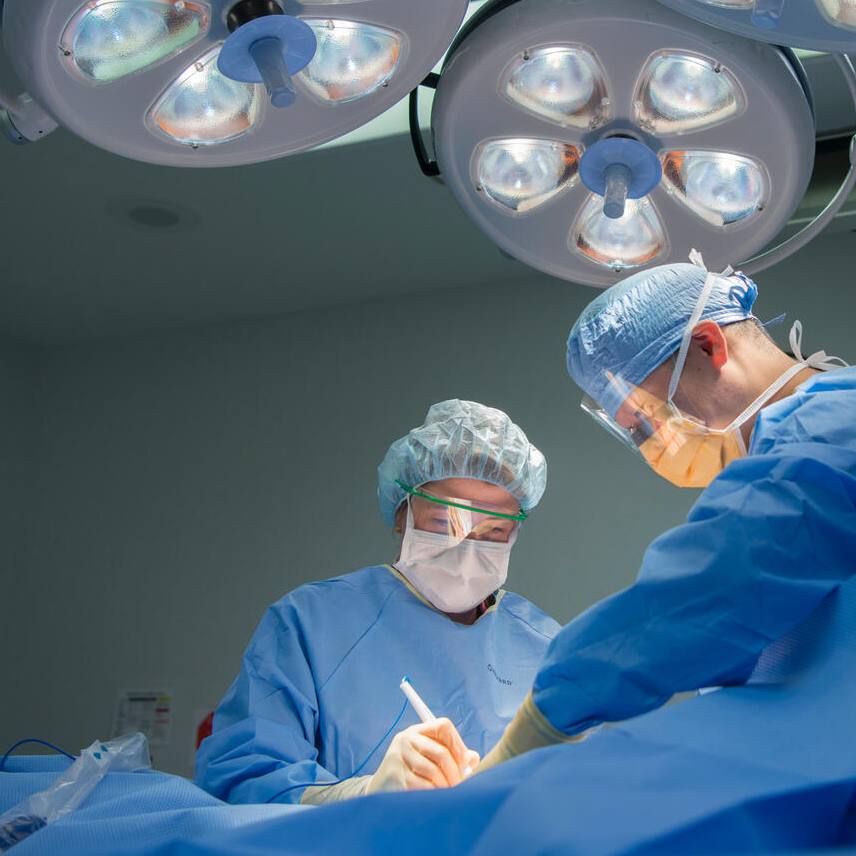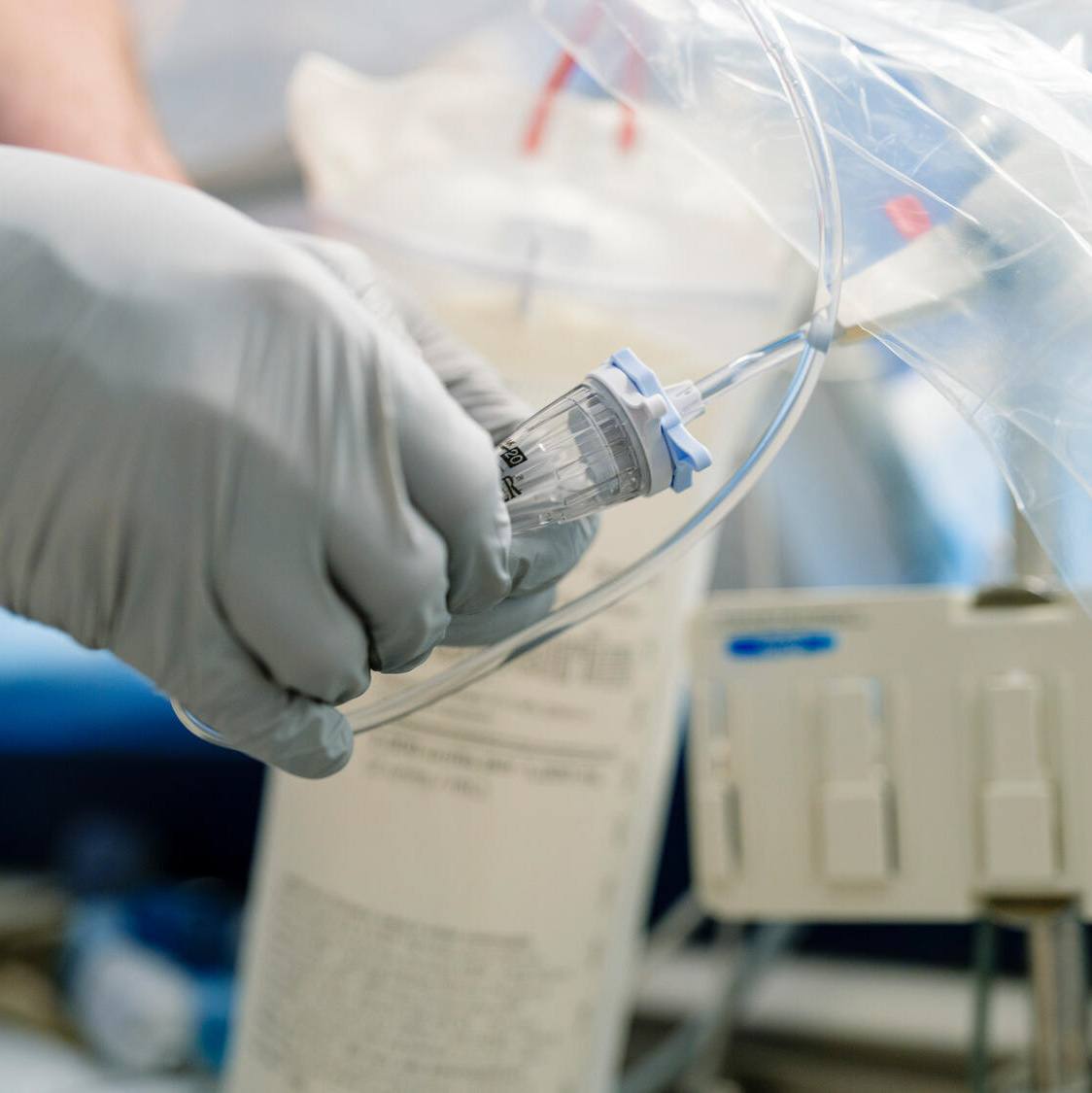-
Mayo Clinic receives FDA approval for advanced cancer detection imaging facility
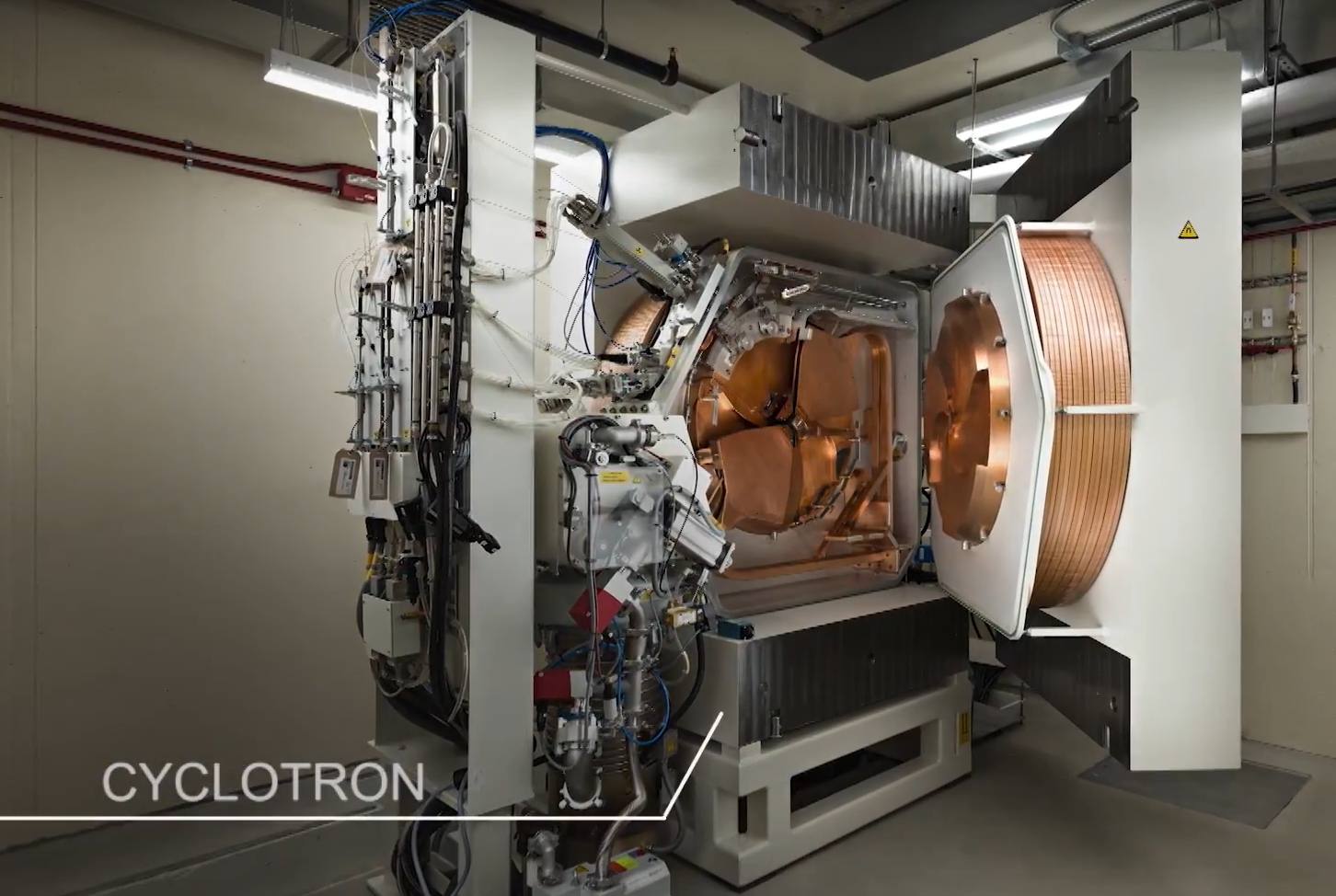
JACKSONVILLE, Fla. — The Food and Drug Administration (FDA) has approved the use of a positron emission tomography radiochemistry facility, also known as the cyclotron facility, at Mayo Clinic in Florida.
Mayo Clinic is now the only academic center with a cyclotron facility in Northeast Florida that is approved by the FDA for patient care. This approval paves the way for Mayo to use sophisticated imaging agents to detect medical conditions at early stages. This facility will deliver breakthrough diagnostic tests and research capabilities for individualizing patient care across a wide range of applications, including cancer, heart disease, stroke, dementia and infections.
"The cyclotron is an invaluable tool for patient care and innovation," says Kent Thielen, M.D., CEO of Mayo Clinic in Florida. "It will help us diagnose a number of conditions earlier and with far greater precision. All three Mayo Clinic campuses now have cyclotrons, which mean we can work together even more effectively to advance this field and bring new advancements to patients."
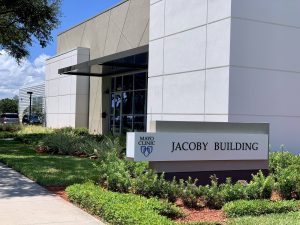
The cyclotron facility in the recently completed Robert and Monica Jacoby Building will produce radiopharmaceuticals, which are radioactive compounds that are delivered to patients and targeted to specific features of cell function. These scans light up the location of even small amounts of cancer cells. For example, Mayo Clinic in Florida now can offer carbon-11 choline, or C-11 choline, for imaging of recurrent prostate cancer. Prostate cancer cells absorb choline, and their interactions with C-11 choline can be captured through positron emission tomography imaging scans. Earlier and more precise detection of recurrent prostate cancer provides hope to patients seeking answers. According to the American Cancer Society, there are nearly 12,000 estimated new cases of prostate cancer in Florida this year.
Mayo Clinic also will offer fluorine-18 labeled glucose, or F-18 FDG, for cancer, cardiac and neurological imaging; nitrogen-13 ammonia for cardiac imaging; and fluorine-18 sodium fluoride for skeletal metastatic disease. The facility can expand production to include future FDA-approved radiopharmaceuticals and initial use of investigational positron emission tomography radiopharmaceuticals. Mayo Clinic's cyclotron is the only facility in the region to offer investigational positron emission tomography radiopharmaceuticals for use in clinical practice and research. These drugs must be administered within minutes after production because of the short half-life.
Apart from radiopharmaceutical production for human use, the cyclotron also can provide a wide range of new positron emission tomography radiopharmaceuticals for research. In research settings, radiopharmaceuticals can shed more light on essential drivers of disease and treatment possibilities. In the near future, they will help bring "theranostics," a precision medicine approach that delivers targeted therapy based on specific targeted diagnostic tests, to the forefront of patient care, says Manoj Jain, M.D., chair of Nuclear Medicine at Mayo Clinic in Florida.
"With their targeting abilities, radiopharmaceuticals create a unique opportunity to not only diagnose a disease, but also carry a treatment that will hopefully be more precise and effective with fewer side effects," Dr. Jain says. "The age of theranostics is here, and Mayo Clinic is one of the leaders in this space."
Grateful patients and longtime benefactors of Mayo Clinic, Robert and Monica Jacoby made a $10 million gift to support the expansion of Mayo Clinic in Florida. The first phase of that expansion included more than $300 million in construction, including the cyclotron facility. More recently, Mayo Clinic announced plans to build an integrated oncology facility that will offer proton beam therapy and other advanced radiation oncology therapies.
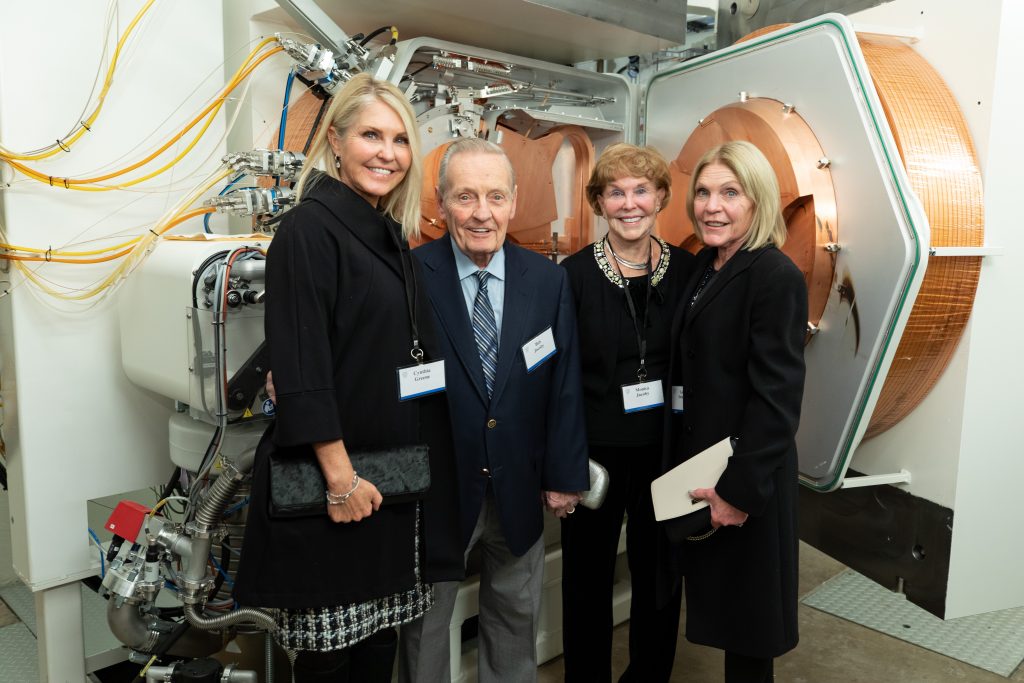
"Mayo Clinic's expertise changed our lives," says Mrs. Jacoby, whose previous support for Mayo Clinic includes the naming gift for the Jacoby Center for Breast Health, two named professorships and a leadership gift for Mayo Clinic Hospital in Florida.
"We want to help more patients receive that expertise and see health care make a bold move forward," says Mr. Jacoby. "We look forward to the progress that will come from Mayo's expansion and the cyclotron."
###
About Mayo Clinic
Mayo Clinic is a nonprofit organization committed to innovation in clinical practice, education and research, and providing compassion, expertise and answers to everyone who needs healing. Visit the Mayo Clinic News Network for additional Mayo Clinic news and An Inside Look at Mayo Clinic for more information about Mayo.
Media contact:
- Tia Ford, Mayo Clinic Public Affairs, 904-953-1419, ford.tia@mayo.edu






